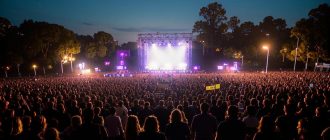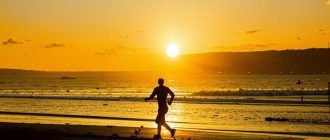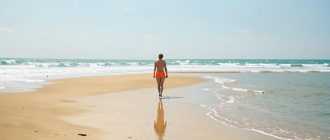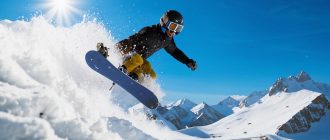Freediving is one of the most impressive sports. Athletes conquer great depths without scuba diving and risk their lives every time they dive into dark waters. Does such an extreme sport sound like a tempting proposition to you?
We have already told you what are the peculiarities of freediving and how to start practicing it in the article on “Championship”.
In continuation we would like to share with you the stories of people who surprised us with their determination. Sasha, Olya and, so to speak, I will tell you about my experience in freediving. I hope our words will convince you that everyone can try. Small spoiler – these experiences are worth it.
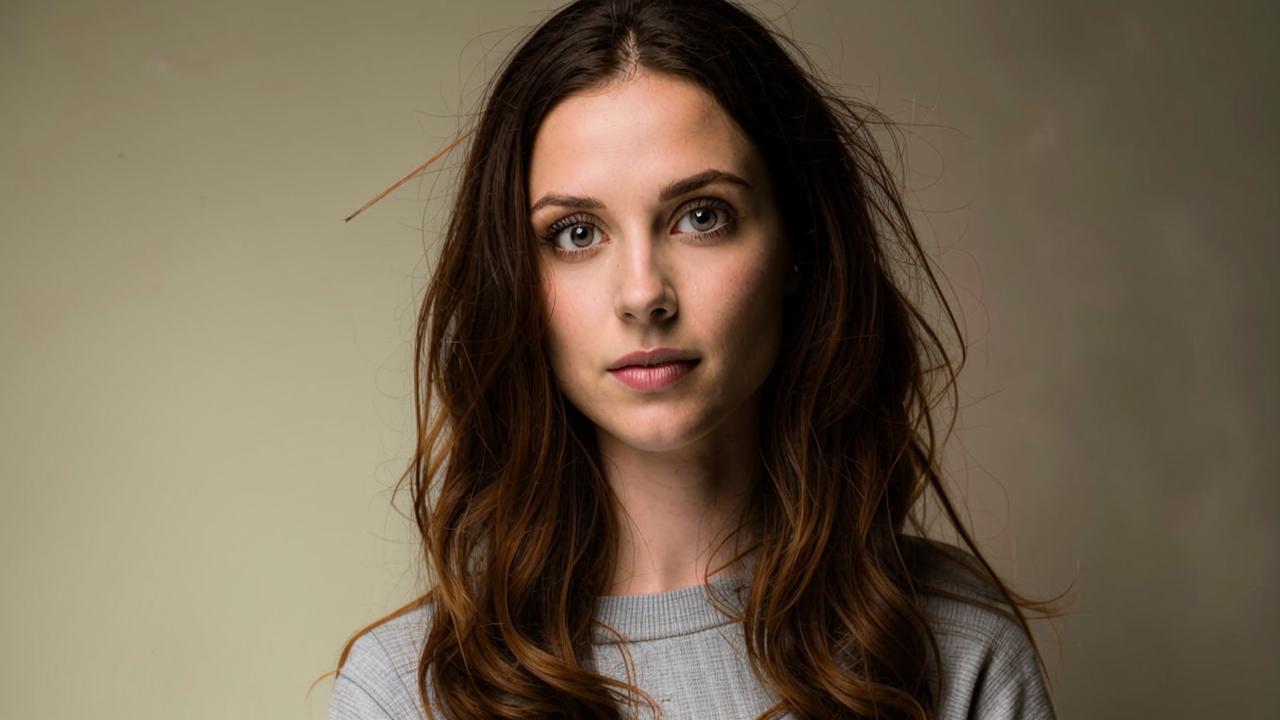
parafreediver
I started freediving in 2013.
I started practicing long before the accident. Chose freediving as an activity that could help me to stop a little, slow down, harmonize, take a look at myself and at the same time conquer some of my fears. At that point in my life, the only fear I had left was water, dark, no oxygen – all at the same time, brrrrr.
I was very lucky, I ended up with Natasha Molchanova. And this is a person who fell in love with me from the first seconds of communication. She is the one I wanted to follow and try. During the course I was doing well, Natalya was very sensitive and helped everyone around me to learn freediving, to know myself and just to enjoy what you do, so I just had no choice not to go further.
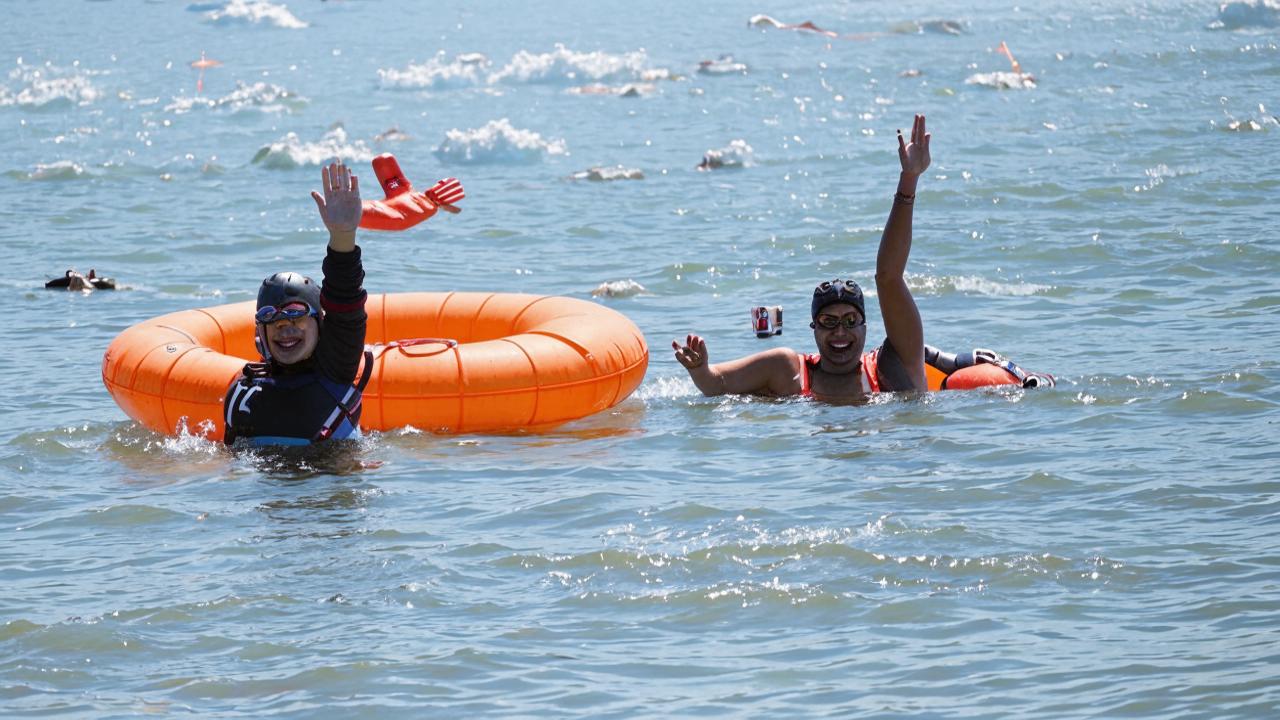
It was probably just about the only activity I really wanted to get back into after what happened a year ago. Well, apart from work… I’m an IT manager at Moskomsport. And I was lucky with my colleagues and management, they are also very sensitive, kind, strong people who helped me to stay in my position and continue doing my job.
I madly wanted to dive again, to go to the Emergencies Ministry – it’s the only deep place for training in Moscow so far. At first just in the pool I tried to feel what water was like after everything that had happened. It took two training sessions to get used to my new self and to the water, how it interacts with me now and how I interact with it. On the third training session I had an inexpressible pleasure.
Today, for example, I felt a new degree of freedom with the fins. I didn’t want to go out, I dove and swam and it was insanely satisfying because I got a feel for how to control the fins. Today was the second time I dived in them – and right away at the championships.
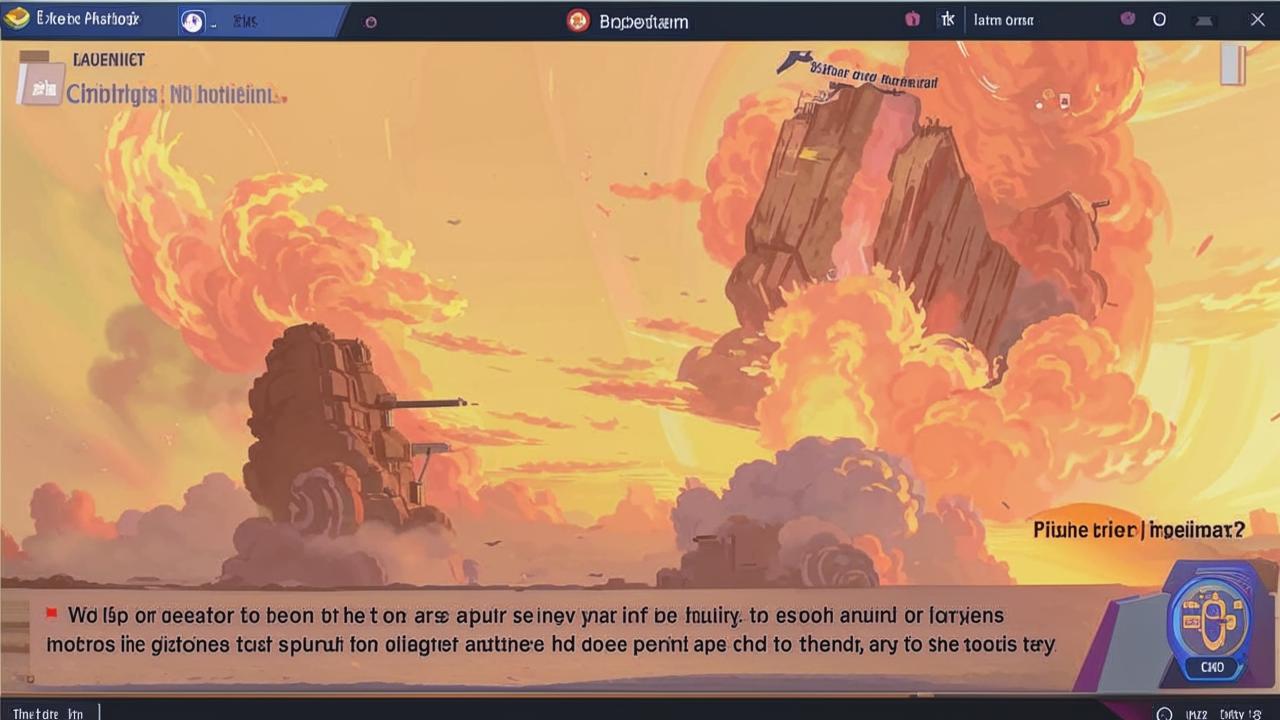
With similar injuries, it’s really important and great to feel independence and freedom. Only their disability limits them a little bit. Everything else is in the mind.
Before the accident I didn’t even think about championships, I was freediving for myself, enjoying it, diving deeper and deeper. There were thoughts of diving up to 100 meters. But I treated it calmly, not as a competition. My teachers, Natalia Molchanova and Gus Cravenas, taught me not to rush, taught me awareness and sensitivity. And here it happened that my first opportunity to go deep diving coincided with the Cherekel Challenge. I thought, why not take part in it, and I was drawn in. I decided to go to the Russian Championship – 2021 again. The same place, already known. There is no separate discipline for parafridivers in Aida (AIDA), but in CMAS (CMAS) there is, but these competitions were under the rules of Aida, so I participated on general conditions. Nevertheless, I managed to take the fourth place. I plan to set a world record at the World Championship.
For me freediving and competing is an opportunity to show people with similar problems or any other problems that nothing is lost, everything is possible, you just need to believe, do and try to get everything from life. Together with the Russian Freediving Federation we plan to develop parafreediving in Russia and thus try to offer people with disabilities one more way to get back to life.
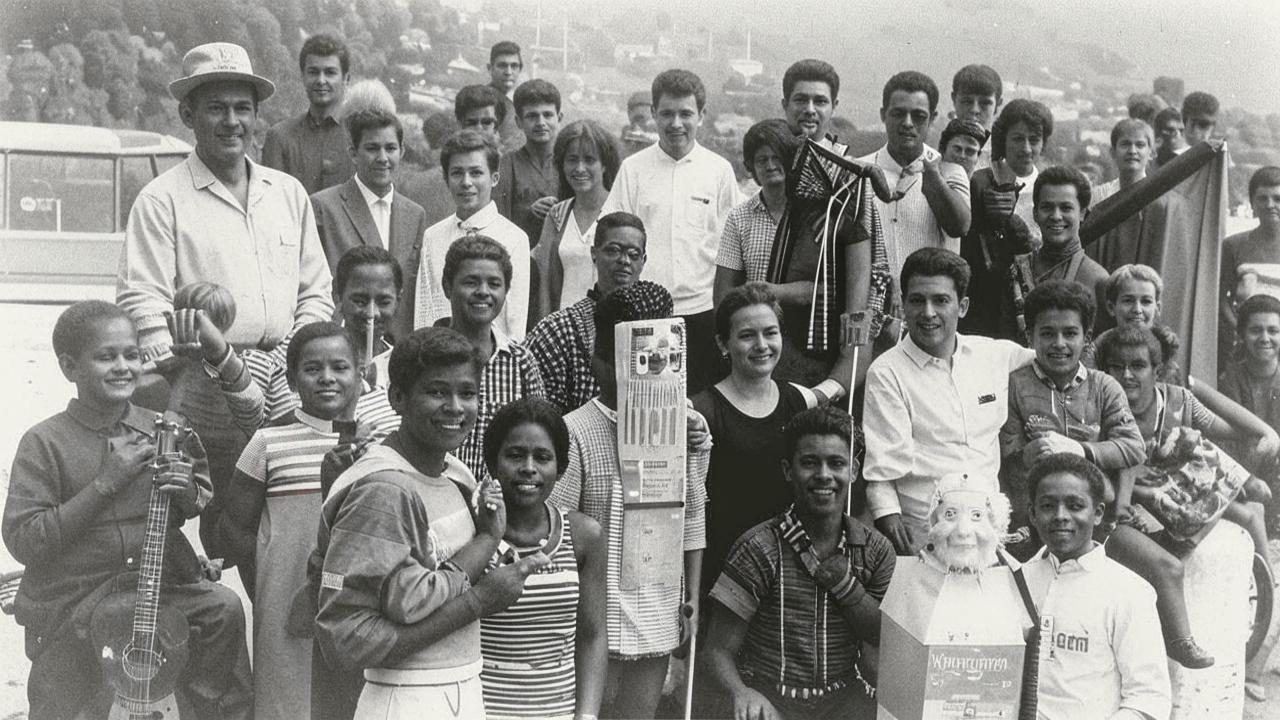
freediver, Russian champion, holder of three world records in fresh water diving.
I started freediving in 2010.
I started practicing a long time ago. I just saw people diving. I knew about freediving, but when I saw freedivers at sea, I was very much hooked. So I started practicing. By that time I was already practicing yoga, and it was very natural for me to start freediving on the background of this practice. I tried freediving for the first time in Dahab, in Egypt, which is the Mecca of freediving.
Now freediving occupies almost all my time, because it is my job – I am an instructor. So I either work as an instructor, or train as an athlete, or perform, and it’s all in one big tangle.
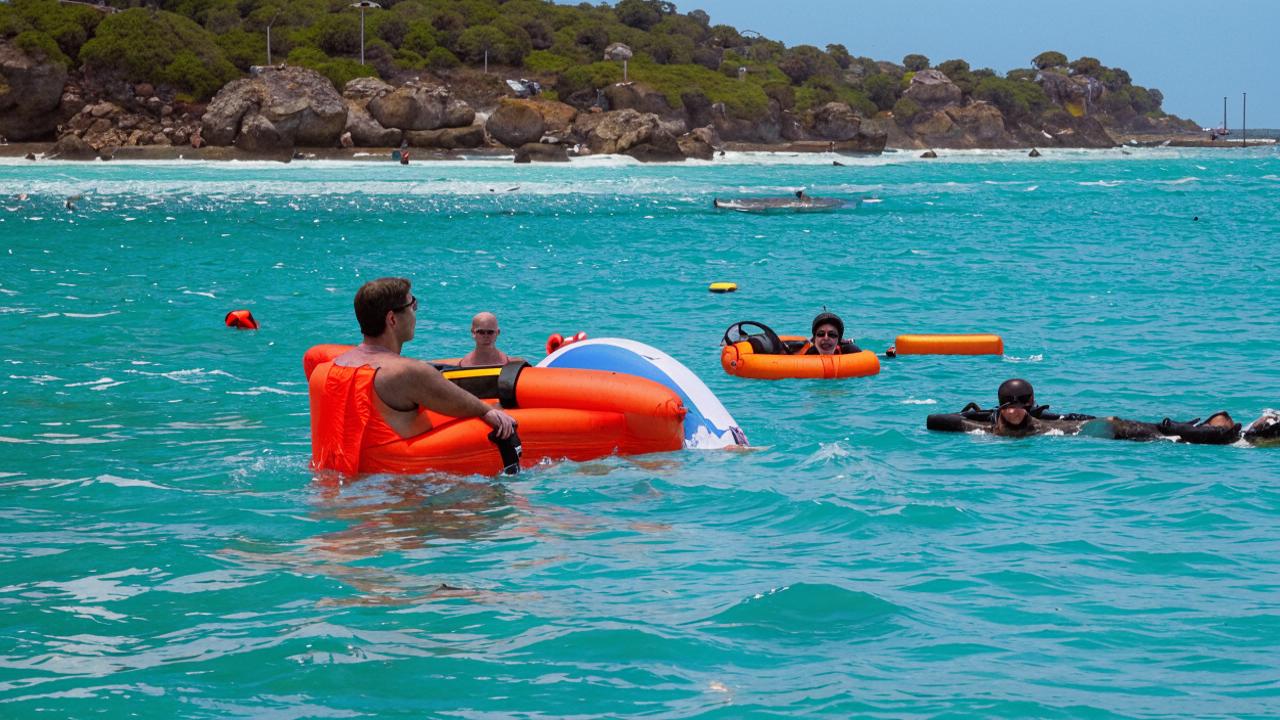
Freediving puts a very good, proper strain on the body. It’s great for your health.
I had a serious immune deficiency. And the doctors couldn’t understand what to do with me, why I got sick so often. I was sick from October to May. But slowly I studied myself, my body, and the problems started to go away. When people do freediving, they become more sensitive to their bodies, just like yogis do – it’s inevitable. Otherwise you just can’t progress, in freediving there is always feedback. And here it shows you all your weaknesses, all your tensions.
There are inevitable gender differences in freediving. After all, men are much more resilient than women. When it comes to deep freediving, there is also an added aspect such as lung capacity. It is worth just looking at the difference in deep diving without fins, which is considered to be the most demanding in terms of strength and hypoxic endurance. This discipline has the maximum variation between female and male records in terms of percentage.
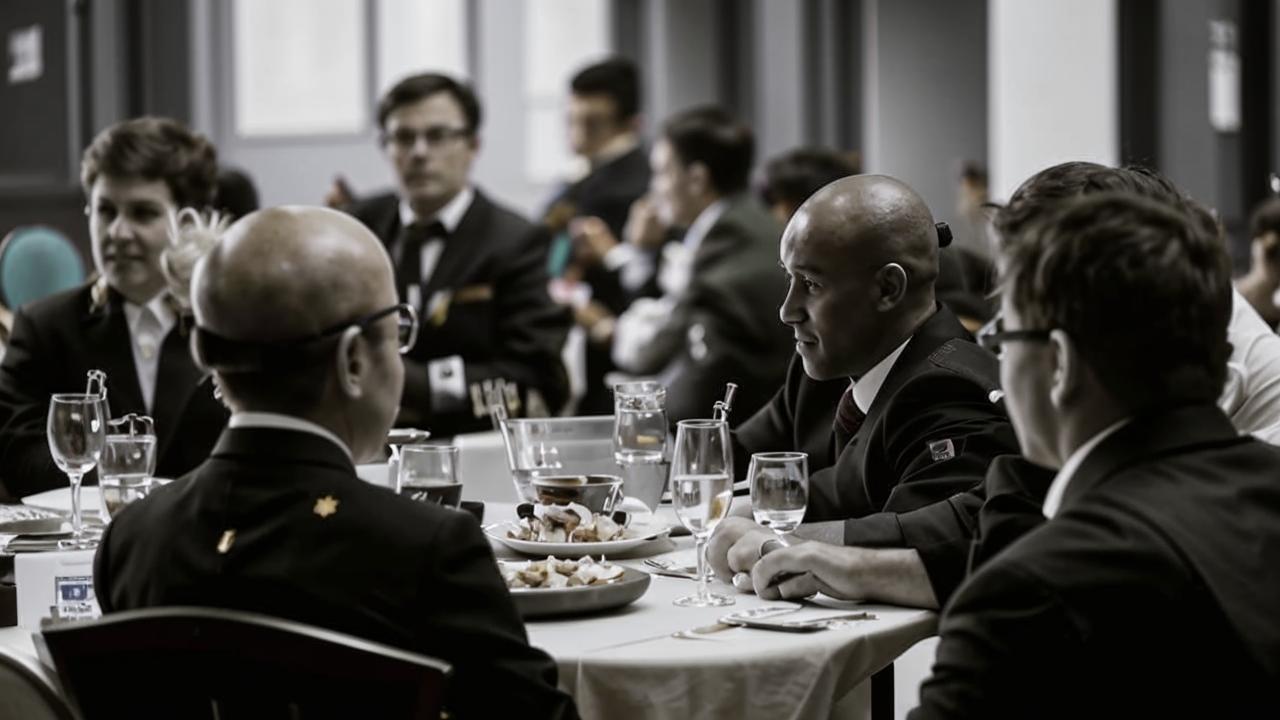
I worked through the moment of my passion for freediving with my family, explaining to them that we try to do everything as safely as possible. It helped my mom a lot when I convinced her that freediving is much safer than mountaineering. If practiced with all the safety rules, it is a really safe sport. It is very important to take the organization of diving seriously.

Valeria Barinova
editor of “Championship”
It was the first time I tried freediving.
I was only familiar with freediving through my Instagram feed. About five years ago I subscribed to a girl who posts impressive photos and videos from the depths. She doesn’t wear oxygen tanks and everything looks very organic and natural. It seemed to me that this is the very moment of merging man with nature, which I would like to experience.
In fact, to merge with nature on the Blue Lake turned out to be more difficult. The water temperature of 9 degrees did not let me relax even in a wetsuit. After five minutes in the water I started to feel my legs cramping.
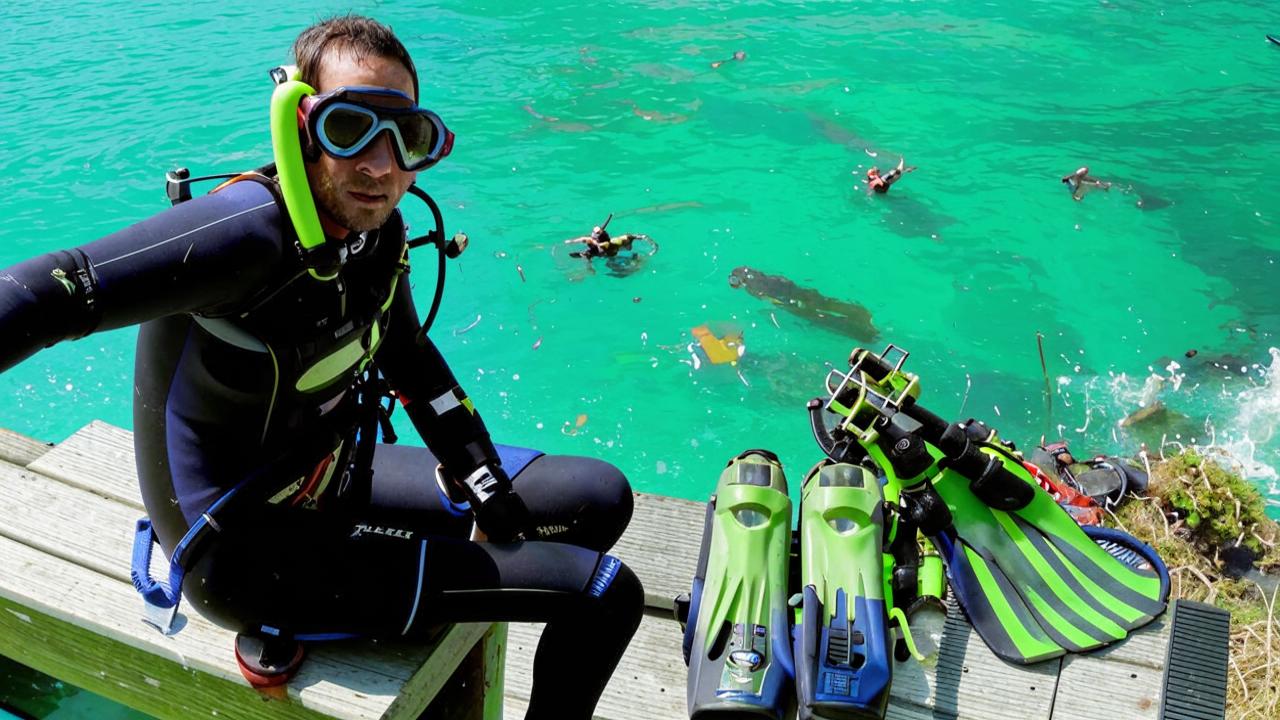
The most important thing in diving is to calm down and relax enough to practically go into a trance. Even at this stage it was not easy. Another difficult moment – you have to learn to constantly “ventilate” under water, i.e. to flick your eardrums. Otherwise, the pressure on your ears starts to be terrible, and even if you feel that you have enough “breath” for a long time, you want to surface quickly.
Nevertheless, I managed to descend a couple of three meters. Now the dive record of 131 meters seems even more amazing. Okay, I can discount myself – I dived without fins.
Now I really want to learn to relax in the water and already dive for more impressive results to make the same beautiful photos and videos as the heroine from my Instagram. I hope that this fervor from my first impressions will last for a long time.

